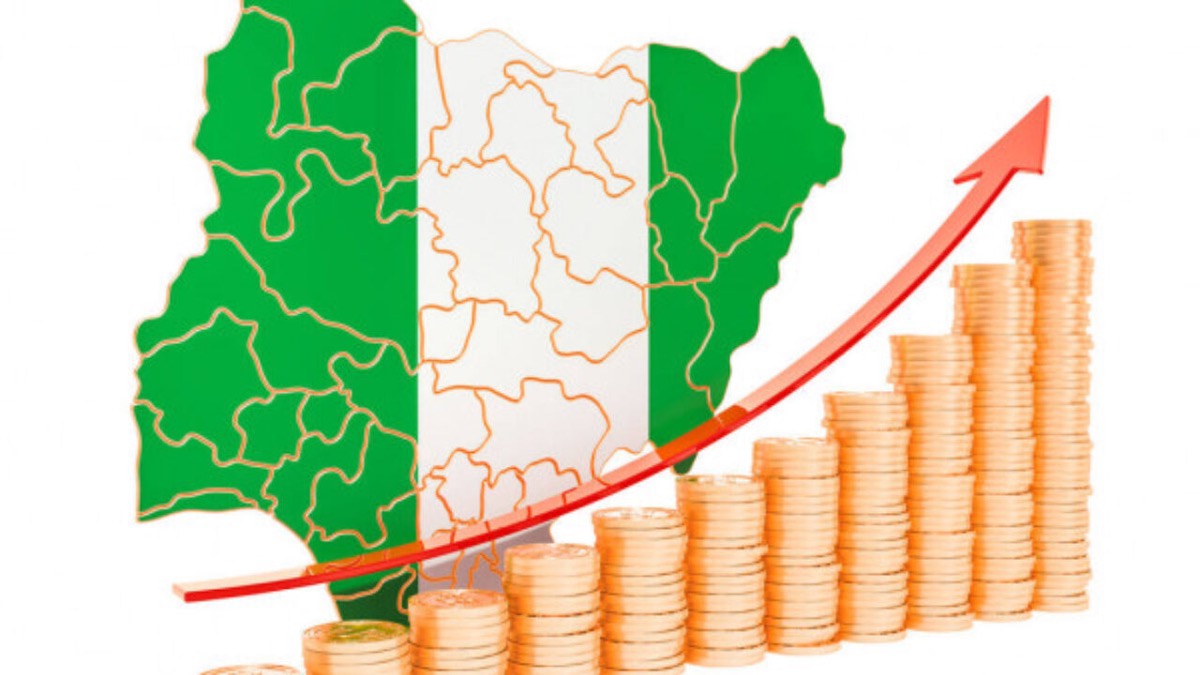Nigeria’s investment landscape is brimming with high-yield opportunities for savvy investors, from equities and real estate to fixed income and alternative investments. Despite economic challenges like inflation and currency volatility, strategic investments can offer substantial returns in 2025. Here’s a comprehensive guide to the best high-yield opportunities in Nigeria.
1. Dividend-Paying Stocks
Dividend-paying equities on the Nigerian Exchange (NGX) are a favorite for investors seeking a mix of income and growth.
- Top Picks:
- Lafarge Cement WAPCO (WAPCO): Dividend yield of 3.28% and a one-year return of 116.27% make this a standout in the construction sector.
- Africa Prudential Registrars (AFRIPRUD): With a 6.67% yield and a net margin of 41.07%, it offers stability and high income.
- Zenith Bank PLC: A consistent high-yield dividend payer in the banking sector, with a yield of approximately 10%.
- Why Invest? Dividend-paying stocks provide regular income while also appreciating in value, making them an ideal hedge against inflation.
2. Real Estate Investments
Real estate remains one of Nigeria’s most resilient and lucrative investment sectors. Opportunities exist in residential, commercial, and industrial properties.
- Emerging Trends:
- Affordable housing developments targeting middle-income earners.
- High-demand commercial real estate in urban centers like Lagos and Abuja.
- Smart city initiatives integrating technology and sustainability.
- Expected Returns: Real estate investments can yield annual returns of 15–20%, particularly in high-growth areas.
3. Fixed Income Securities
Fixed income securities like Treasury bills, bonds, and commercial papers are safe havens for conservative investors.
- Current Rates:
- Government bonds yield approximately 14–16% annually.
- Corporate bonds and commercial papers offer slightly higher yields, depending on the issuer’s creditworthiness.
- Why Invest? With the Central Bank of Nigeria’s interest rate at 27.5%, fixed-income securities are providing higher yields compared to global markets.
4. Alternative Investments
Non-traditional investments such as agriculture and renewable energy are gaining traction among high-net-worth individuals and institutional investors.
- Agriculture:
- Farm-to-market initiatives and export-oriented farming (e.g., cashew and cocoa) promise returns of 20–30%.
- Platforms like Farmcrowdy allow fractional ownership of agricultural projects, democratizing access to this lucrative sector.
- Renewable Energy:
- Solar energy projects, especially in off-grid rural areas, are yielding impressive returns.
- Partnerships with companies like Daystar Power are boosting energy investments.
5. Cryptocurrencies
Cryptocurrency investments are high-risk but offer high rewards, especially as adoption grows in Nigeria.
- Top Performers:
- Bitcoin (BTC): With a year-to-date return of 126.43%, Bitcoin continues to dominate the market.
- Ethereum (ETH): Ethereum’s smart contract capabilities and 58.34% year-to-date growth make it a strong contender.
- Caution: Cryptocurrency investments are highly volatile and should be approached with a diversified portfolio.
6. Small and Medium Enterprises (SMEs)
Investing in SMEs via venture capital or private equity funds can yield exceptional returns, given Nigeria’s entrepreneurial spirit.
- Key Sectors:
- Technology startups focusing on fintech and logistics.
- Agro-processing businesses catering to both local and export markets.
- Expected Returns: SME investments can yield returns of 20–40% over a 5–7 year horizon, though they come with higher risks.
Investment Strategies for 2025
- Diversify Across Asset Classes: Spread investments across equities, real estate, fixed income, and alternative assets to mitigate risk.
- Leverage Technology: Use platforms like Cowrywise and PiggyVest for automated savings and investments in mutual funds and fixed income.
- Monitor Economic Indicators: Stay informed about GDP growth, inflation rates, and government policies to adjust investment strategies dynamically.
Risks and Mitigation
- Currency Volatility: Invest in assets with returns pegged to foreign currencies or export-driven businesses.
- Inflation: Opt for assets like equities and real estate that offer returns above inflation.
- Regulatory Changes: Stay updated on government policies that might affect sectors like fintech and agriculture.
Conclusion
Nigeria’s high-yield investment opportunities in 2025 are diverse and promising. From dividend-paying stocks and real estate to alternative investments and cryptocurrencies, investors have multiple avenues to grow their wealth. By balancing risk and reward, and leveraging economic insights, smart money can achieve significant returns in the Nigerian market.
